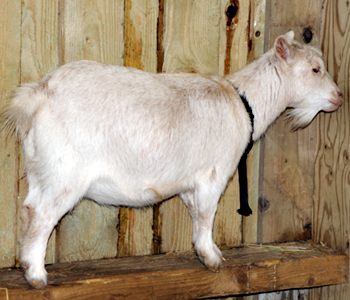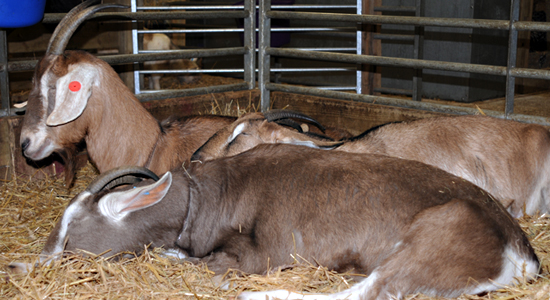Welcome to Relaxed Farming
- Alpacas
- Chickens
- Dairy Goats
- Ducks
- Geese
- Pigs
- Pygmy Goats
- Quail
- Rabbits
- Sheep
- Turkeys
- Polytunnel
- Photo Stories
- Video Stories
- Food
- Smallholding Map
- 2013
- 2014


- August
- September
- October
- November
- December
- January
- February
- March
- April
- May
- June
- July
- August


- 1
- 2
- 3
- 4
- 5
- 6
- 7
- 8
- 9
- 10
- 11
- 12
- 13
- 14
- 15
- 16
- 17
- 18
- 19
- 20
- 21
- 22
- 23
- 24
- 25
- 26
- 27
- 28
- 29
- 30
- 31
Tuesday, 31st December 2013
Animals do spend a lot of time asleep or at rest. They probably do sleep/rest more when they have less to do (such as being inside a confined space) and certainly when they don't have to work very hard at finding food/water, there is no reason for them to be too active! And a little like humans, the older an animal gets or when unwell, the more time it sleeps/rests.
It is interesting to observe our animals and the patterns of behaviour each day/week. The dairy goats pretty much always sleep together as the right hand photo shows, although missing from the photo is Pickle who was actually eating as the other three slept but certainly at night, all four can be found in a group and pretty much always touching like this. Curds, Cheddar and Gorge are mother and daughters and their bond is very strong still as you can see!
In the left hand photo we can see Onion and yes she was asleep here. Goats, as with horses and cows (but not alpacas and nor sheep usually) can sleep standing up but for prolonged periods of sleep, it is more usual for them to lie down. The other interesting observation is that they don't always sleep in the same place and with our seven pygmy goats, they also swop 'who' they sleep with although they definitely have their favourite sleeping partners. Going to sleep and who with are not random events: they are all to do with how secure the animals are feeling and their relationships within the group. Understanding this is an important part of keeping livestock so that you can get to know how happy and healthy your animals are at all times.

